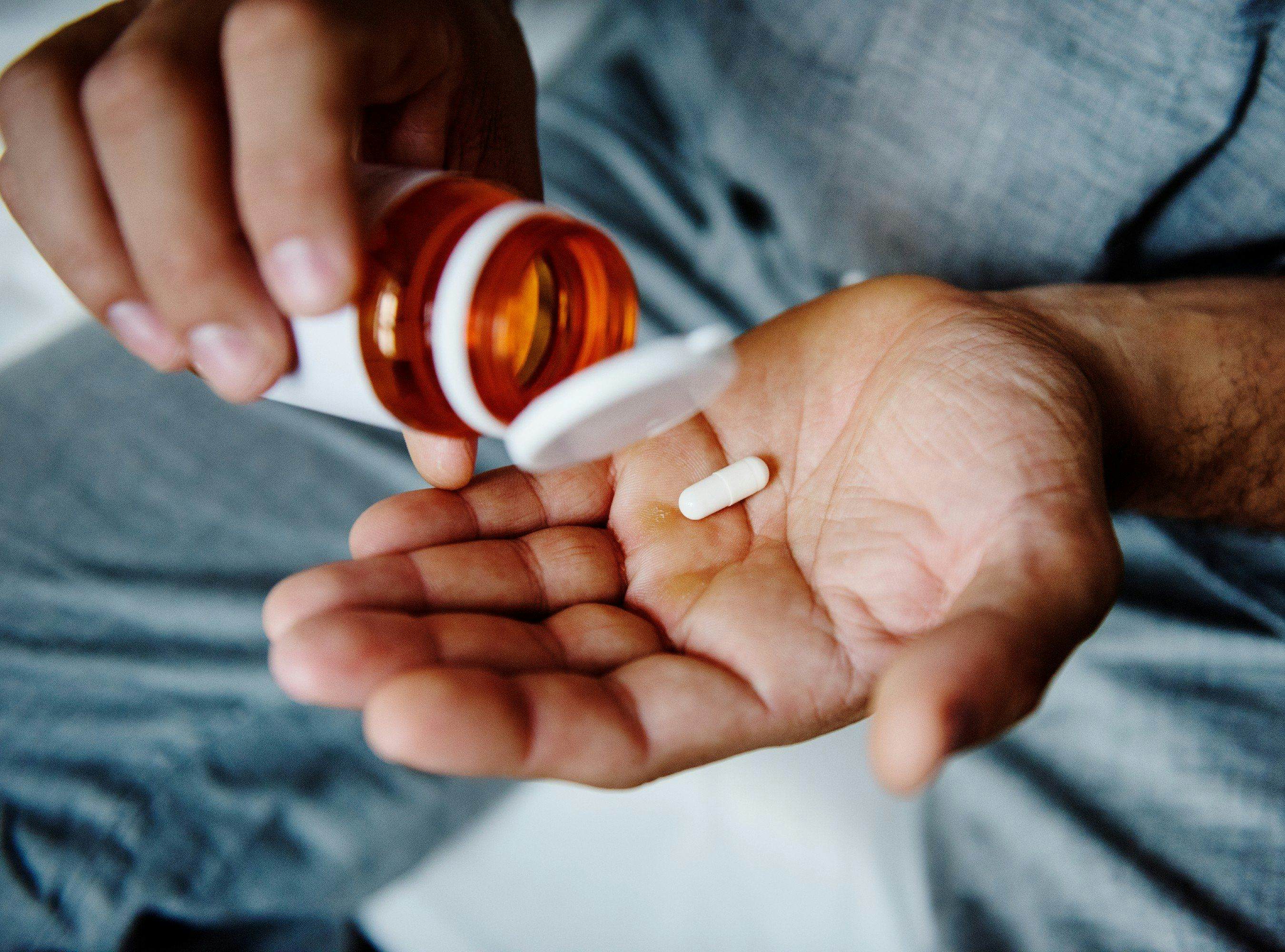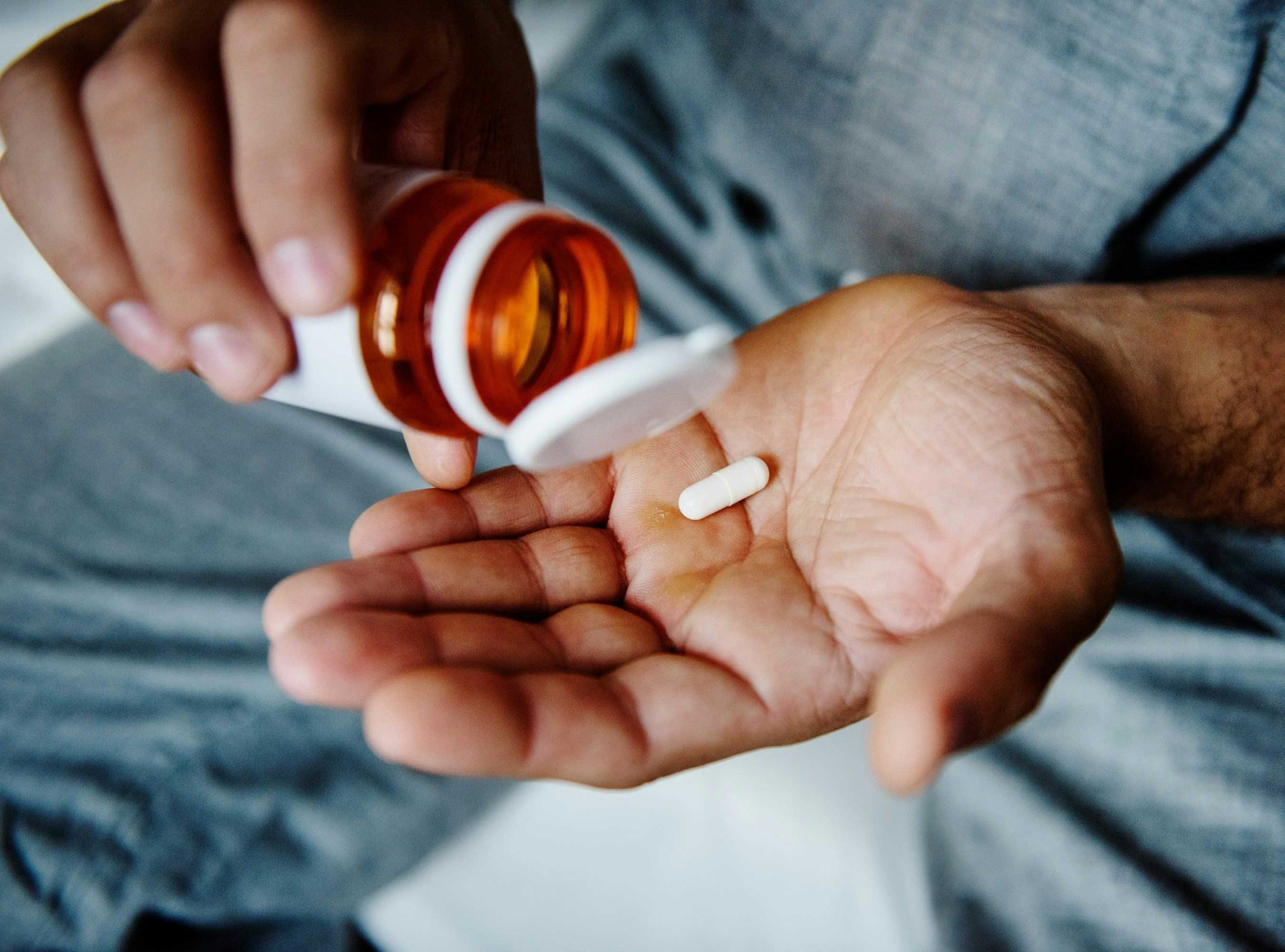The U.S. Food and Drug Administration (FDA) and the Federal Trade Commission (FTC) recently issued warning letters to seven companies selling fraudulent COVID-19 products. These products—which pose significant health risks to consumers and violate federal law—include supplements, herbal teas, tinctures, essential oils, and unbranded drugs claiming to cure, treat, or prevent the spread of COVID-19.
“There already is a high level of anxiety over the potential spread of coronavirus,” said FTC Chairman Joe Simons. “What we don’t need in this situation are companies preying on consumers by promoting products with fraudulent prevention and treatment claims. These warning letters are just the first step. We’re prepared to take enforcement actions against companies that continue to market this type of scam.” (1)
The Fraudulent Products
The FDA and FTC jointly issued warning letters to Vital Silver; Quinessence Aromatherapy Ltd.; Xephyr, LLC doing business as N-Ergetics; GuruNanda, LLC; Vivify Holistic Clinic; Herbal Amy LLC; and The Jim Baker Show. (1) Each enterprise was given 48 hours to provide a plan to correct their violations. All complied but one company Xephyr LLC doing business as N-Ergetics resumed marketing colloidal silver products as a treatment for COVID-19 shortly thereafter. A U.S. District Court in Oklahoma subsequently issued a restraining order against this company to cease distribution of the product.
Crises such as COVID-19 give rise to scams and fraudsters that prey upon people’s fears for personal gain. To date, no vaccine is confirmed to prevent COVID-19 and no widely-effective therapy has been discovered to mitigate it. Additionally, there’s no evidence supplements, herbal teas, tinctures, essential oils, or unbranded drugs (such as colloidal silver) can prevent, mitigate, treat, diagnose, or cure COVID-19.
Colloidal Silver Scamming
Making unfounded claims that supplements are effective with COVID-19 not only defrauds consumers it may put their health at risk by delaying appropriate treatment for COVID-19. One product hucksters frequently tout is colloidal silver. Although colloidal silver has shown some effectiveness as an anti-microbe agent, there’s no evidence it’s effective against viruses—particularly one as potent as COVID-19. Additionally, the FDA has warned colloidal silver is not safe or effective for treating any disease or condition.
Despite FDA warnings and lack of efficacy, perpetrators make the following claims about colloidal silver—“Silver Solution has been proven…to kill every pathogen it has been tested on…and it can kill any of these known viruses.” (The Jim Baker Show). “If colloidal silver has killed coronavirus strains in past laboratory tests, then the current coronavirus should also be killed.” (Xephyr, LLC dba N-Ergetics). “Wellness!! Vital Silver!!! Simple!!! Go on the offense this year against viruses including the coronavirus. It’s simple! (Colloidal Vitality LLC/Vital Silver)
Challenges to Federal Regulation
Although the FDA and FTC are committed to monitoring vendors and social media for fraudulent health products, their task is complicated by the Dietary Supplement Health and Education Act (DSHEA) of 1994. DSHEA, which amended the Federal Food, Drug, and Cosmetic Act, created a regulatory framework for the safety and labeling of supplements.
Dietary supplement regulation falls under a different set of guidelines than those covering drugs. The FDA is not authorized to review dietary supplements for safety and effectiveness before they’re marketed. The FDA only intervenes and halts fraudulent product sales when there is a complaint.
DSHEA does state the manufacturers and distributors of dietary supplements are prohibited from marketing products that are adulterated or misbranded. But the responsibility for the safety and labeling of products rests squarely on the shoulders of the company or enterprise selling them. Unfortunately, as history shows, many don’t shoulder that burden responsibly. A study conducted by the FDA revealed 73% of supplement manufacturers failed to adhere to one or more of the DSHEA guidelines.
Unlike drugs whose manufacturers and distribution must comply with rigid regulations, manufacturers of dietary supplements can literally choose whether or not to comply. The limited guidelines under which supplements are manufactured and sold make it easier for fraudsters to tout false claims and make profits at the hands of unsuspecting consumers. Compounding the problem is the fact consumers believe supplements are regulated like over-the-counter drugs and are similarly safe and effective.
Gaining American Popularity
The number of Americans using colloidal silver, herbal teas, tinctures, essential oils, and supplements has exploded since DSHEA was passed in 1994. An estimated 150 million Americans use dietary supplements regularly and past studies have shown that nearly 23 million Americans report using dietary supplements in lieu of drugs for their health needs.
Supplement safety is a legitimate concern because they may be adulterated with dangerous compounds, be contaminated, sold at toxic levels, or produce harmful effects from interacting with medications. Approximately 1/3 of calls to poison control centers regarding supplements report adverse events including seizures, myocardial infarction, liver failure, coma, and death. Not all supplements however are ineffective or bad for your health. Americans report using dietary supplements to aid weight loss, increase energy, enhance health, mitigate issues such as menopause and overcome nutrient deficiencies. But as noted earlier there’s no evidence supplements can prevent, mitigate, or treat COVID-19 and to claim such is fraud.
Actions To Protect Yourself
Con artists who perpetrate supplement scams use a variety of tactics to get unsuspecting consumers to purchase their products. The following are things to watch for with supplement purchases.
Promises or guarantees of results with little or no risk since substances such as colloidal silver, herbal teas, tinctures, and more broadly supplements may interact with medications each carries risk. Be suspicious about any product claiming a positive return without risk.
Aggressive sales tactics are employed. “Buy Right Now!” “Limited Availability!” and “Going Fast!” are statements con artists use to create a sense of urgency and get you to take immediate action. Take your time and research the product before making a purchase.
Many fraudulent schemers are unqualified individuals who boast about credentials they don’t have. Often they exaggerate their background and portray themselves as experts to make you believe their products are legitimate. Be skeptical if the claims sound too good to be true.
Check with the FDA to see if any previous complaints have been filed or if there are existing actions for fraudulent activity.
Final Thoughts
We’re living in an unprecedented time marked by the coronavirus pandemic that has put Americans’ health at risk and caused enormous concern over personal welfare. Such crises give rise to con artists who commit scams claiming they have products such as colloidal silver, tinctures, essential oils, and supplements that prevent, mitigate, diagnose, treat, or cure COVID-19.
To date, the FDA has issued 42 warning letters to companies making false claims about COVID-19 products. The FDA and FTC continue their efforts to prevent the sale, marketing, and distribution of supplements that may be harmful to the public, but as a consumer, you need to be on guard against unscrupulous con artists who prey on your fears for personal gain.




